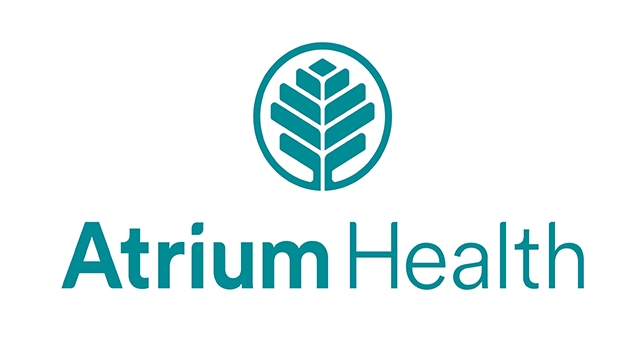
The Department of Justice announced a settlement with Atrium Health, formerly known as Carolinas HealthCare System, that prohibits Atrium from using “anticompetitive steering restrictions” in contracts between commercial health insurers and its providers in the Charlotte, North Carolina metropolitan area. The settlement, revealed Thursday, also bans Atrium from seeking contract terms or acting in such a way as to prohibit, prevent, or penalize steering by insurers in the future.
The settlement will be submitted to the court for approval and a final judgment will be available to the public.
WHY IT MATTERS
If approved by the Court, the agreement will resolve more than two years of civil antitrust litigation challenging Atrium’s use of steering restrictions that prevented health insurers from promoting innovative health benefit plans and more cost-effective healthcare services to consumers.
Atrium is North Carolina’s largest healthcare system, operating nine general acute-care hospitals in the Charlotte area, including its flagship facility Carolinas Medical Center. It owns, manages, or has strategic affiliations with more than 40 hospitals in the Carolinas.
Atrium also provides healthcare services via freestanding emergency departments, urgent care centers, physician practices, outpatient surgery centers, imaging centers, nursing homes, and laboratories. In 2017, Atrium’s owned, managed, and affiliated hospitals and other healthcare providers earned net operating revenue of close to $ 10 billion, the DOJ said.
THE HISTORY
In June 2016, the DOJ sued Atrium challenging provisions that prohibit steering in the hospital system’s contracts with major health insurers. The DOJ claimed that Atrium, which is the dominant hospital system in the Charlotte area, used its market power to restrict health insurers from encouraging consumers to choose healthcare providers that offer better overall value and also constrained insurers from providing consumers and employers with information regarding the cost and quality of alternative health benefit plans.
According to the DOJ, steering is a method used by insurers to offer consumers options to reduce some of their healthcare expenses. According to the complaint, more and more insurers are crafting health benefit plans that offer financial incentives to patients for choosing more cost-effective hospitals and physicians.
“Increased consumer access to these health benefit plans invigorates competition between providers to offer lower premiums and better overall healthcare services,” the DOJ said.
ON THE RECORD
“There is no admission on the part of Atrium Health of wrongdoing in this settlement agreement, and Atrium Health did not violate the law. In addition, Atrium Health will not pay any penalties or fines,” Atrium said in a statement. “The language in question is from contracts created as long ago as 2001 and was originally added to ensure Atrium Health was provided an equal opportunity to compete for patients. As the healthcare landscape continues to rapidly evolve, Atrium Health’s contracting language has also evolved to reflect current healthcare practices. Throughout the litigation, Atrium Health has shared its perspective and position with the DOJ and the North Carolina Office of Attorney General, and is pleased to be able to reach a mutually acceptable settlement agreement.”
Assistant Attorney General Makan Delrahim said: “”With healthcare costs rising, vigilant antitrust enforcement is an essential tool for protecting consumers. By eliminating restrictions that curb comparison shopping and interfere with competition among healthcare providers, today’s resolution of our antitrust action allows consumers in the Charlotte area to benefit from competition when making critically important healthcare choices.”
Twitter: @BethJSanborn
Email the writer: beth.sanborn@himssmedia.com
